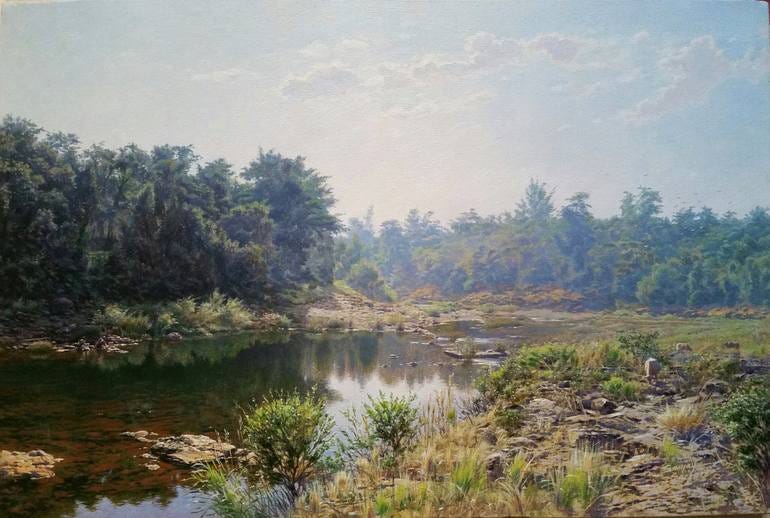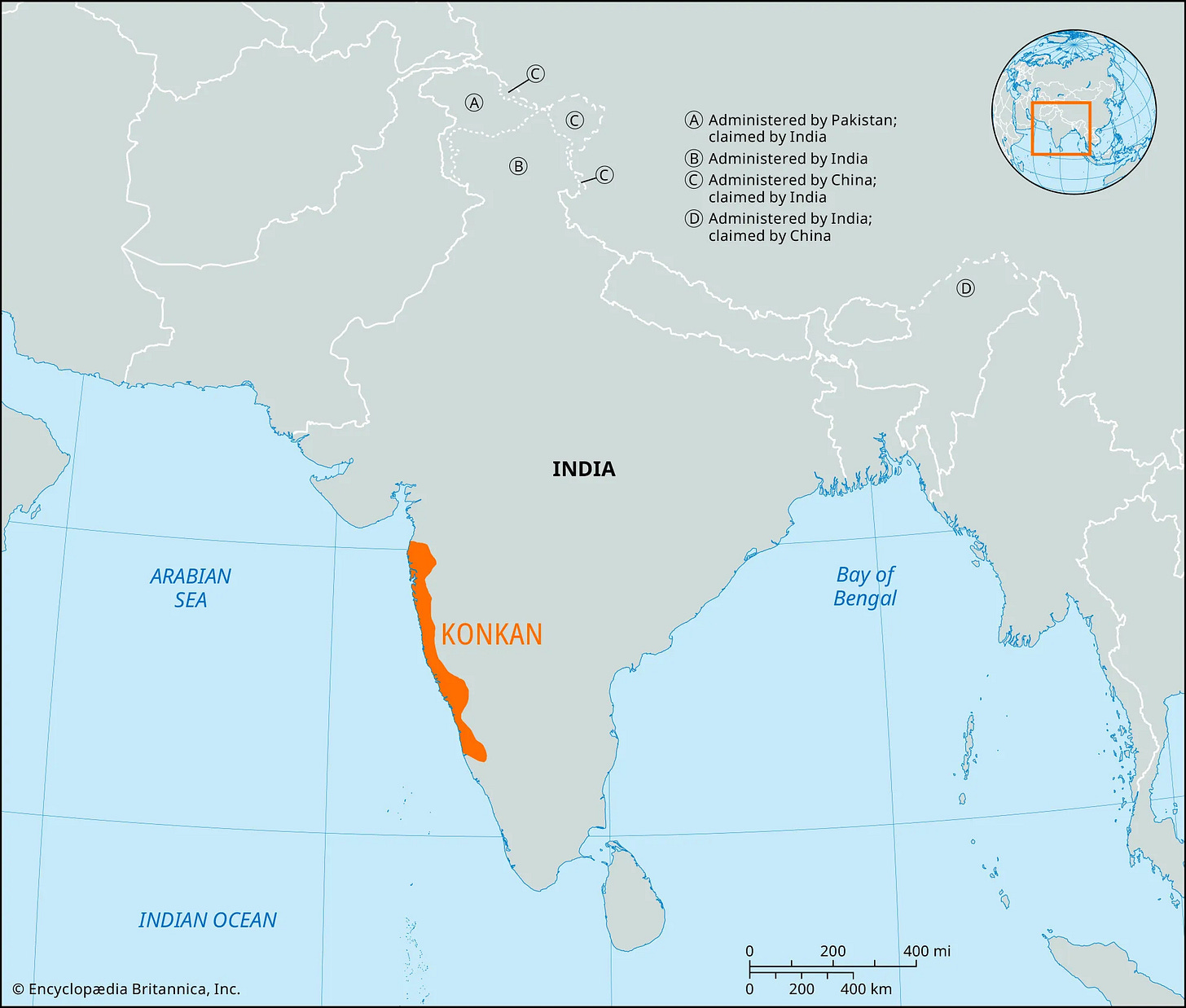What has this pursuit of wealth and progress brought us? Comfort, perhaps. Convenience. But also… a profound emptiness.
1. The Mirage of Progress: When Development Devours the Soul
Modernity has taught us to equate development with progress, but at what cost? Highways that promise faster commutes carve through forests, bleeding ecosystems dry. Skyscrapers that stretch toward the heavens cast shadows over communities displaced in their name. This is the myth of progress: a narrative where material gain is worshiped, and the price is paid by those who can least afford it—nature and marginalized communities.
The Western world has long celebrated its industrial conquests, wearing environmental degradation as the collateral damage of ambition. But the consequences of this so-called progress have begun to catch up. Wildfires rage in California, rivers in Europe dry up, and biodiversity crumbles in the Amazon. These are not distant crises; they are glaring warnings. Yet, we or more specifically our politicians, continue to believe that conquering nature is the only path forward— that being like the west is the only path ahead.
Here in India, on our Konkan coast, as seen by the mighty ranges of the Sahyadris — the Revas-Reddi and Greenfield Highways are the latest symbols of this flawed ideology. The Maharashtra Cabinet has passed these two projects without consulting even a single person who lives in one of the thousands of villages that are to be mowed down for this ambitious project. There was no consultation, no dialogue, only cold official notices proclaiming that decisions had already been made. Cutting through pristine ecosystems, they will pave the way for an economic boom that benefits the few while obliterating the heritage and livelihoods of the many. This is a familiar tale: sacrifice the long-term health of the planet for short-term profits.
But here’s the irony—true development doesn’t destroy; it nurtures. A culture that views land as sacred and rivers as lifelines understands a truth that the modern world has forgotten: prosperity is meaningless if it comes at the cost of the planet. And Konkan is such a land where the people preserved an ecosystem teeming with unique flora and fauna for thousands of years. Devraais or sacred groves are a unique example of this preservation techniques that have spanned over thousands of years. All this will be mowed down in the aspiration of industrialization of this unique coastline to fill a handful of pockets. Then we must ask ourselves, “Is our definition of progress really progress at all? For in the end, no industry will shield us from a collapsing climate, and no highway will lead us away from ecological ruin.
You can buy my book “Journey to the East” which is a memoir about my 1800 km walk through India through my website. Thankyou, really!
2. Ecological Amnesia: When Nature Becomes an Afterthought
The tragedy of modern humanity is not that we have forgotten how to live with nature—it’s that we’ve forgotten we ever knew. Our ancestors spoke the language of the earth; they listened to the wind and followed the rivers. They understood that survival depended on balance, not dominance. Today, we bulldoze that balance in pursuit of an insatiable hunger for more: more land, more resources, more convenience.
Consider the indigenous tribes of India’s Konkan coast. For centuries, their lives have been intertwined with the forests and rivers. They practice an inheritance, that values communal well-being over individual wealth. Their rituals honor the earth, their songs echo the rhythms of the land. Yet, their wisdom is dismissed as primitive by the state leaders that prizes GDP growth over ecological harmony.
The proposed highways will slice through some of the most ecologically fragile areas of India’s Konkan coast. This region, already burdened by decades of industrial pollution, will face new challenges. Chemical factories leach toxins into the rivers, while shipping industries spill oil into the sea. These are not mere inconveniences; they are existential threats to an ecosystem already hanging by a thread.
The damage extends beyond environmental degradation. This land is home to indigenous and tribal communities whose cultures are intimately woven into the fabric of nature. Their stories, rituals, and livelihoods are rooted in the forests and rivers. To sever this connection is not just to displace people but to erase a way of life, a collective memory passed down through generations. The sad part is, we as a country have never made any efforts to even document these tribes. But this isn’t just about indigenous cultures—it’s about all of us. The ecosystems they protect are the lungs and arteries of our planet. When we destroy them, we are not just erasing a way of life; we are signing our own death warrant.
Here’s the uncomfortable truth: we live in a world where convenience has been weaponized against us. Plastic packaging wraps our food, fossil fuels power our lives, and the idea of ‘nature’ is something we visit on weekends, not something we coexist with. We are a species suffering from ecological amnesia, and unless we remember, we will perish.
What if we measured progress in terms of clean rivers, thriving forests, and vibrant cultures that live in harmony with nature?
The Konkan coast offers a blueprint for this kind of sustainable living. By preserving its natural beauty and cultural heritage, we can create a model of development that benefits both people and the planet. Eco-tourism, for example, has the potential to provide livelihoods while fostering a deeper appreciation for the environment. Visitors can experience the wisdom of indigenous communities, learn about sustainable practices, and reconnect with nature in a way that modern life rarely allows.
I’ve spent the past few months writing from my village in Konkan, a place where the rhythm of life follows the gentle cadence of nature. This homecoming was not just a physical return; it was a spiritual realignment with the soil, traditions, and ecosystems that shaped me. My last walk across India was guided by a longing to escape the suffocating noise of modernity, to understand my country and, ultimately, myself. It led me back to the essentials—a sustainable lifestyle, the ancient wisdom of my ancestors, and the unspoken communion with trees, rivers, and skies. This time I am starting my walk from the 24th of November. It spans the proposed length of the highway, where I will be meeting villagers and discussing with them their ideas. Asking them what kind of future do they really want? …and I expect all of you who share the love for nature and the western ghats to join me on this journey.
In the words of Wendell Berry: “The earth is what we all have in common.” Let’s not wait until it’s too late to remember that simple truth.
Now, with only 10 days left for the walk, I would like to remind all of you who are a regular reader on this substack, about the fundraiser. Due to platforms like Kickstarter and GoFundMe not having their reach in India and many other banking platforms not working in India, I have to be dependant on your donations through PayPal— here’s the link. For donations over $30, I’d love to send you a personalized postcard as a token of gratitude.
If you do not use PayPal and still wish to help me out monetarily for this walk, then you can use WesternUnion to make a transfer in my name.
Thanks a lot for your support!
-Ash




